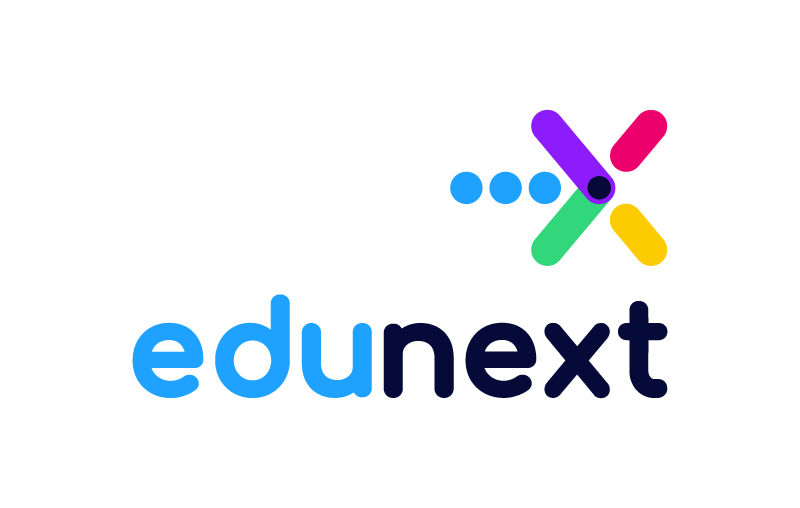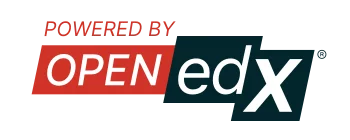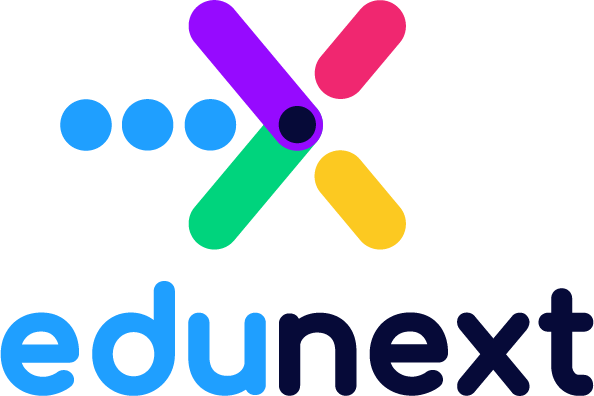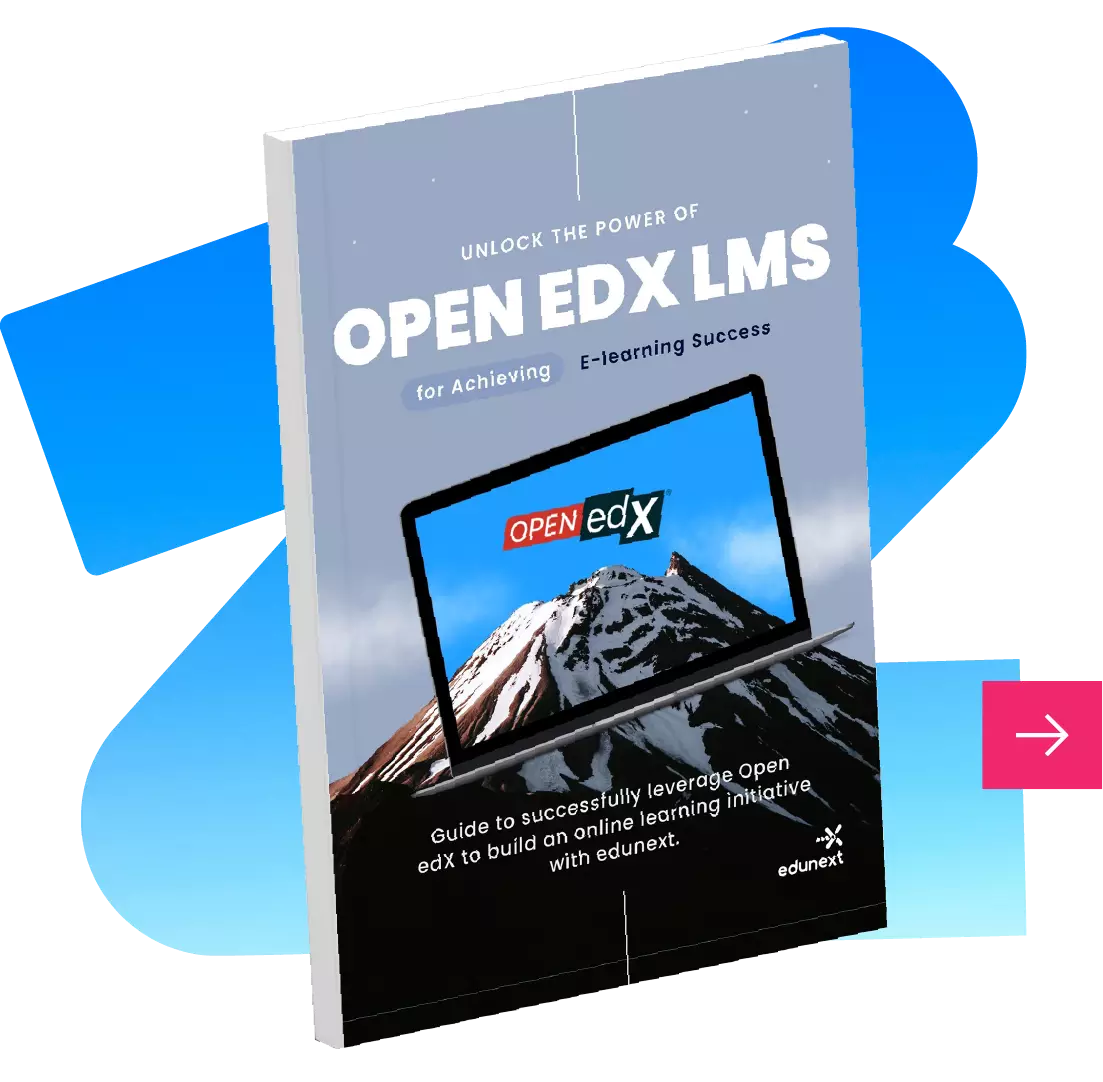The eLearning industry is expanding rapidly, and organizations worldwide need robust, scalable LMS platforms to deliver impactful online education. Two of the most recognized open-source LMS solutions are Open edX® and Moodle.
Although both offer core online learning tools, they serve different audiences and priorities. This article explains the key differences between Open edX® and Moodle, highlighting why Open edX® is the top choice for institutions aiming for large-scale eLearning success.
Open edX® vs Moodle: An Overview
Open edX®, created by MIT and Harvard, powers Massive Open Online Courses (MOOCs) and enterprise-level learning platforms. It is trusted by universities, corporations, and NGOs for its scalability and modern design.
Moodle, while flexible and popular among K-12 institutions, lacks some of the advanced analytics and customization options that Open edX® provides for complex, global deployments.
Key Differences Between Open edX® and Moodle
1. Underlying Technology
Moodle: Developed in PHP, with a traditional yet proven architecture.
Open edX®: Built with Python, Django, and React, enabling seamless integrations and modern functionalities.
2. Scalability and Target Audiences
Moodle: Ideal for small to medium-sized institutions.
Open edX® Hosting: Supports thousands of users concurrently, making it perfect for MOOCs, universities, and corporate training programs.
If you’re considering large-scale deployments, you should explore Edunext’s managed Open edX® hosting service.
3. Course Structure and Features
Moodle: Offers weekly or topic-based formats.
Open edX®: Uses a hierarchical structure (sections, subsections, units) for complex course management. It includes discussion forums and mass communication tools built for large audiences.
4. User Interface and Experience
Open edX® features a modern, responsive design with mobile compatibility. Edunext’s customization services help tailor the platform to an institution’s branding for a polished learner experience.
5. Extensibility and Customization
Moodle: Relies on third-party plugins, which can create conflicts.
Open edX®: Offers XBlocks and powerful APIs for advanced, interactive features.
If you need deeper control, explore two ways to customize Open edX®.
6. Community and Support
Open edX® is supported by a global community and service providers like Edunext, who offer consulting and hosting for a reliable, enterprise-ready platform.
7. Multilingual Support
Open edX® supports multiple languages using Transifex, making it a perfect solution for international learning programs.


Why Choose Open edX® for Online Learning?
Open edX® is trusted by Harvard, MIT, Microsoft, and countless global institutions due to its:
- Enterprise-grade scalability for MOOCs and large audiences.
- Modern, Python-based architecture.
- Advanced analytics and dashboards for learner insights.
- Interactive XBlock components for a richer learning experience.
- Customizable and open-source nature, providing total control.
Want to make your courses more engaging? Check out these 7 interactive tools for LTI 1.3.
Open edX® vs Moodle: A Quick Comparison
| Criteria | Open edX® | Moodle |
| Technology | Python + Django + React | PHP |
| Scalability | Enterprise-grade, MOOCs | Small classrooms |
| Customization | XBlocks, APIs, advanced integrations | Plugins and extensions |
| UI/UX Design | Modern, responsive, mobile-friendly | Customizable but dated |
| Analytics | Advanced dashboards and insights | Basic reports |
FAQs about Open edX® vs Moodle
Is Open edX® better for large organizations?
Yes. Open edX® was designed to handle enterprise-grade scalability, making it perfect for universities, large corporations, and training organizations that serve thousands of learners simultaneously. Its cloud-ready architecture and ability to integrate with advanced analytics tools make it a better choice for growing institutions.
Can I migrate from Moodle to Open edX®?
Absolutely. Migration is possible, and Edunext’s consulting team offers end-to-end migration services, including course data transfer, content restructuring, and platform optimization. This ensures your learners have a seamless experience during the transition.
Is Open edX® free to use?
Yes, the Open edX® platform is free because it’s open-source. However, to operate it effectively, most organizations require managed hosting, custom development, or consulting services to configure and maintain the platform. Edunext provides these turnkey solutions.
Which platform offers better customization, Open edX® or Moodle?
Both platforms are highly customizable, but Open edX® has a significant edge due to its XBlock architecture and API integrations. This means you can add interactive learning components, custom branding, and gamified elements without sacrificing performance.
What kind of organizations typically use Open edX®?
Open edX® is used by top-tier universities (MIT, Harvard), Fortune 500 companies, NGOs, and government agencies that need scalable eLearning solutions. It’s also popular among organizations launching MOOCs or corporate academies because of its global reach and reliability.
How does Edunext support Open edX® clients?
Edunext offers end-to-end services including managed hosting, consulting, platform customization, UI/UX enhancements, and ongoing support. Our expertise ensures that your Open edX® platform is optimized, scalable, and aligned with your educational goals.

Final Thoughts: Which LMS Should You Choose?
Both Open edX® and Moodle are excellent open-source LMS solutions, but your decision should depend on:
Scale of your programs: For small-scale or K-12 learning, Moodle might be sufficient. For MOOCs or corporate training, Open edX® excels.
Long-term growth plans: Open edX® offers more room for innovation, integrations with AI, advanced analytics, and seamless scaling.
User experience: If providing a modern, interactive, and branded learning environment is your priority, Open edX® is the better option.
Choosing Open edX® is more than adopting a platform; it’s investing in a future-proof eLearning ecosystem. With Edunext’s managed hosting and consulting, you gain a partner that ensures your platform is robust, secure, and fully optimized.









